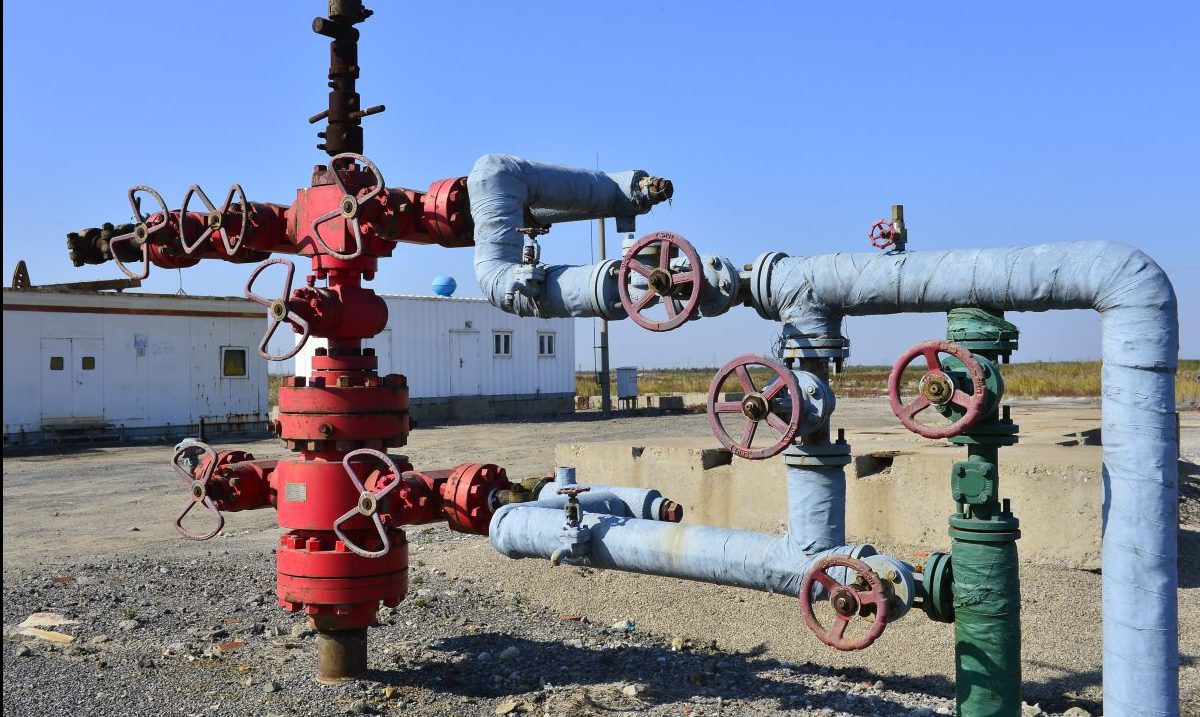Hazards of Grease and Fat in Drainage Systems
It costs more than 15 million pounds a year to maintain pipes that are clogged with grease. Costs incurred as a result of sever blockage runs up to hundreds of millions a year.
A huge chunk of the maintenance cost is directly attributed to fast food establishments, restaurants and public houses. This is can be seen from the costs incurred daily when cleaning and maintaining large public sewers.
When restaurants pour grease down the drain, it cools and solidifies creating a coating inside the wall pipes. Overtime, this coating will accumulate causing the rate of flow to gradually reduce. As build up takes place, the sewer system blocks resulting to foul smell and high clearance costs.
Fats and Grease in Domestic Drains
As long as you wash your dishes, a certain amount of fat and grease will always find its way in your drain. Most people will argue that they scrap their plats before washing. This is a good thing but it only minimises the fats but not eradicate them.
Your sink normally has two protective layers to trap debris and obstacles. The first is a trap that is located just beneath the sink while the second trap is strategically located on the gully of your external kitchen.
The kitchen gully is most prone to blocking. The warm grease will pass through the sink but solidify when it comes into contact with cold water in your trap. Blockage is also caused by a large number of debris in your kitchen gully.
Cleaning the Grease in Domestic Systems
When solid grease is combined with fibre it sets in like a strong mortar mix. When you use a drain rod all it does is to create a hole in the blocked pipe. This will however work for a while. You can decide to plunge the blocked pipe to try and remove as much blockage as possible.
When you call a contractor he must have proper working equipment. The contractor might decide to use a flexible mechanical rode that rotates. This scours the internal wall of the pipe while a pressure jet is used to de-scale the pipe work.
Chemical Use in Sinks and Drains
Be very wary of contractors who prefer chemicals in clearing your clogs. Some of the chemicals don’t work.
If your sink trap is as a result of grease and other types of gunk then your degreasing chemicals have a better chance of success.
When dealing with underground drainage things are different. Underground drainages are longer, this means that you will need more than 1 litre to reach a clog in a pipe that is more 10 meters long. Even if it did it reach the block, it would be so diluted that it wouldn’t be of any help.
Commercial Drainages
Part H building regulations states that all commercial kitchens must have a separator to block grease from pipes. At the moment, this applies mostly to new buildings.
To know more about Kitchen drainage and grease traps read here…


Comments are closed.